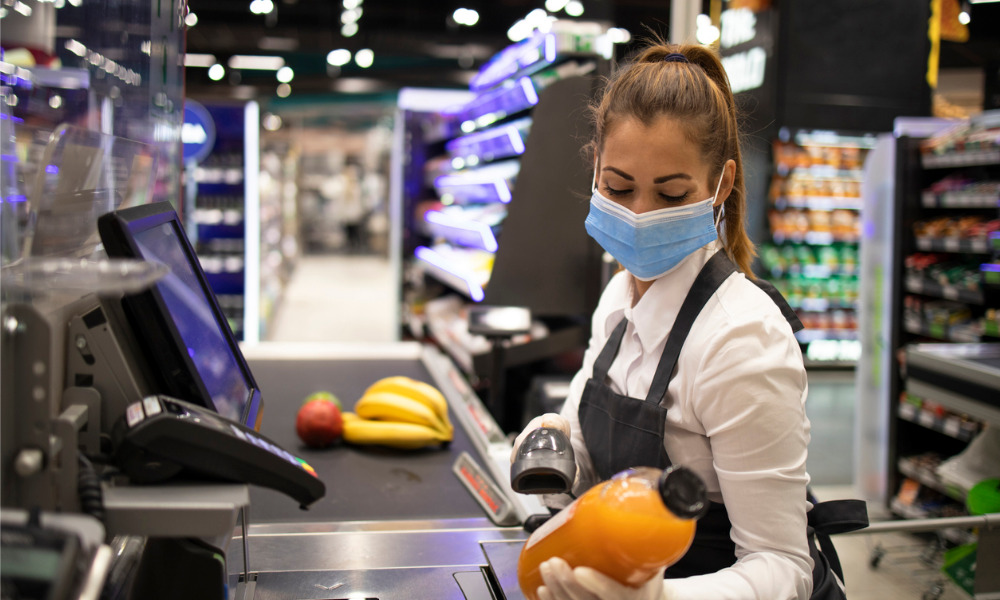
Businesses are urged to register their critical roles to the government

Western Australia has announced that it is moving to "very high caseload settings" starting Thursday, which will see changes in testing and isolation protocols for critical workers.
"Now that we are seeing COVID-19 cases significantly increase in our community, we must take our next steps, as planned, to ensure critical services can continue," said Health Minister Amber-Jade Sanderson in a statement.
The new settings will allow critical workers who are asymptomatic close contacts to report to work as a last resort as long as they follow these protocols:
Businesses that registered their critical workforce will have the option to implement these new testing and isolation protocols for their critical staff under the new settings, according to the government's announcement. This will ensure their continuous operations and delivery of essential operations.
According to Sanderson, critical operations in areas like supermarkets, pharmacies, and food supply chains "will be able to implement the very high caseload settings, as needed."
"It is intended to be a measure of last resort for critical industries when they really need it and there are strict protocols for asymptomatic critical workers to attend work," she added.
Read more: WA's border opening delay 'disappoints' employers
The state previously defined a critical worker as an employee who cannot carry out their duty at home and who:
It previously opened a registration system where employers could submit their own list of critical roles.
"Workplaces are required to determine the critical roles there based on legal requirements," the state government said, adding that they can still register this information by heading to the government's website.
Meanwhile, Sanderson said implementing these measures will strike the right balance between the risks presented by COVID-19 and maintaining critical services. She also encouraged those who are not yet vaccinated, including those who have not yet taken their third shot, to get them as this is the "best protection we have against the virus."
Western Australia recorded 3,594 new COVID-19 cases as of 8pm on March 9. There are currently 15,570 active cases in the state as well, according to its Department of Health.